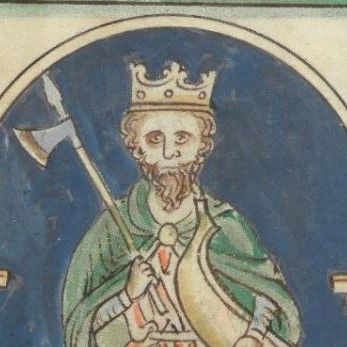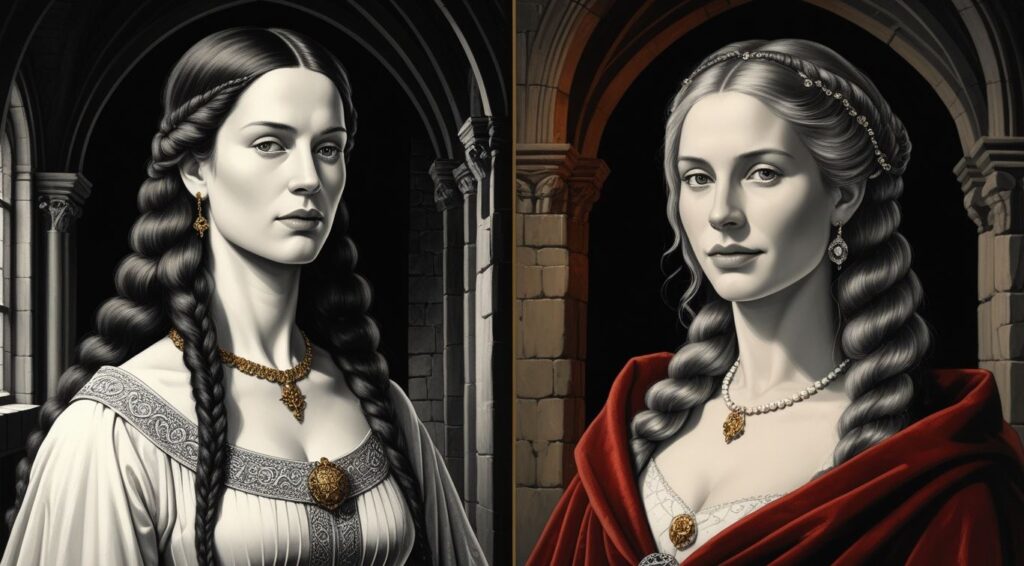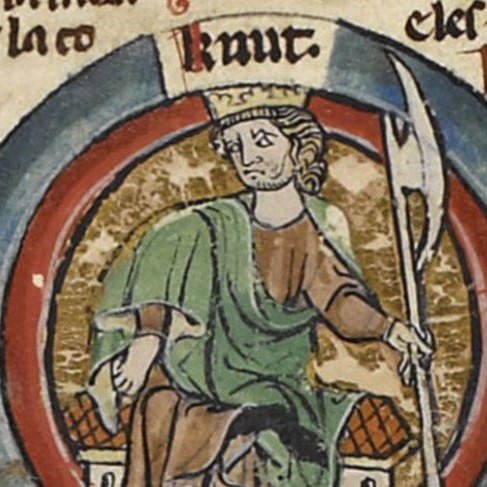When most people hear the name King John, they likely think of a tyrant, a failure, or a villain from the Robin Hood legend. Historically, John’s reign (1199–1216) has often been judged harshly, and for good reason. His time as king saw significant losses for England, a breakdown in relations with nobles and the church, and widespread rebellion.
However, history is rarely black and white. Was King John truly a bad ruler, or is there more to his legacy?
- 1. Early Life and Rise to the Throne
- 2. King John's Military Failures and the Loss of Normandy
- 3. King John's Relationship with the Nobility
- 4. Religious Conflict: Excommunication and Interdict
- 5. The Magna Carta: Triumph or Desperation?
- 6. Personal Failings and Public Perception
- 7. Was King John Completely to Blame?
- 8. The Implications of John’s Rule on the Future of the British Monarchy
- 9. So, was King John Really a Bad Ruler?
- Further Reading
1. Early Life and Rise to the Throne
Born in 1166 as the youngest son of Henry II and Eleanor of Aquitaine, John was never expected to inherit the throne. His older brothers, including the legendary Richard the Lionheart, were in line before him.
This lack of a clear role may have shaped John’s insecurities and ambition, traits that would define his reign.
Upon Richard’s death in 1199, John inherited the throne. However, his succession was immediately contested by his nephew Arthur, leading to the first of many conflicts that would mark John’s troubled reign.
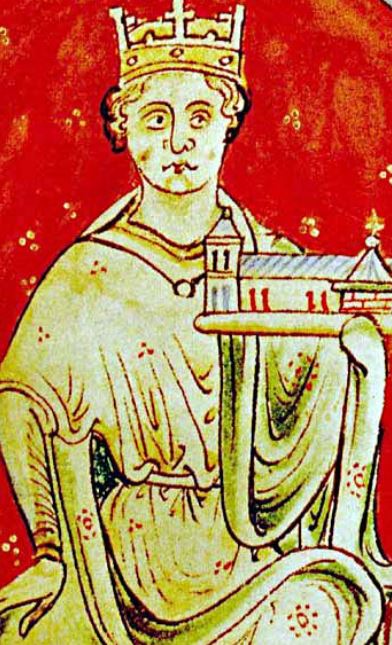
2. King John’s Military Failures and the Loss of Normandy
One of the most defining aspects of John’s reign was his catastrophic military record, particularly in France.
- The Loss of Normandy: By 1204, King Philip II of France had taken Normandy, a territory that had been under English control since the Norman Conquest. This was a monumental blow, both strategically and symbolically.
- Reasons for Failure:
- John’s lack of military skill was evident. While he was competent in small campaigns, he was no match for Philip, who outmaneuvered him repeatedly.
- His alienation of the English nobility meant fewer resources and troops were available for his campaigns.
- Philip’s control of key fortresses made reconquest nearly impossible.
The loss of Normandy fundamentally reshaped England’s identity. Kings could no longer claim to rule a sprawling empire across the Channel.
While this was a humiliating defeat for John, it marked the beginning of a more England-focused monarchy.
3. King John’s Relationship with the Nobility
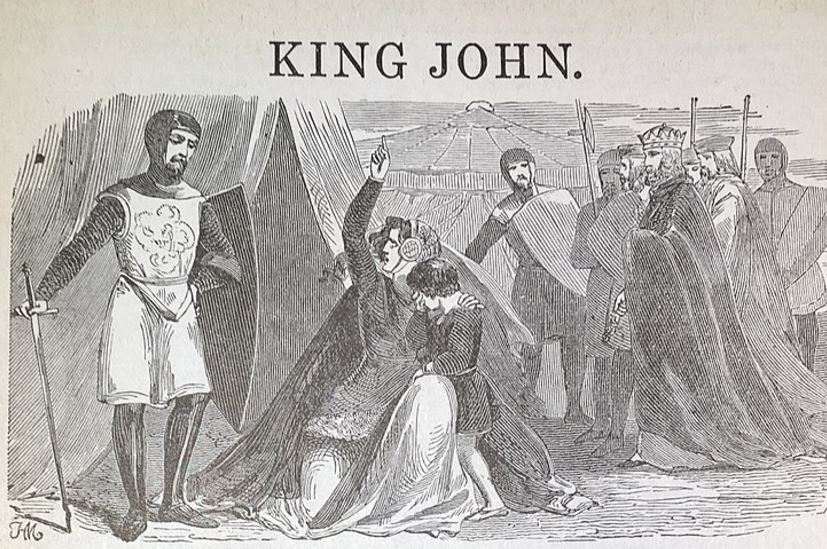
John’s treatment of the nobility is one of the main reasons he is often labeled a tyrant.
- Excessive Taxation: John’s wars in France were costly, and his methods of raising funds were unpopular. He imposed harsh taxes on nobles, demanded scutage (payments to avoid military service), and even charged fees for widows to avoid forced remarriage.
- Debt and Control: Many nobles fell into debt due to John’s financial demands. He used this to control them, forgiving debts for those who were loyal and punishing those who displeased him.
- Paranoia and Disdain: King John distrusted his barons, often replacing traditional landowners with his own loyalists, known as “new men.” This alienated the established nobility further.
These policies created widespread resentment, leading to open rebellion in 1215.
4. Religious Conflict: Excommunication and Interdict
John’s reign wasn’t just marked by conflicts with his nobles; he also clashed with the Catholic Church, a dangerous move in an era where religion permeated every aspect of society.
- The Dispute with Pope Innocent III: John refused to accept the pope’s appointee, Stephen Langton, as Archbishop of Canterbury. In response, the pope excommunicated John in 1209 and placed England under interdict. This meant no church services, weddings, or burials could take place—a significant disruption to medieval life.
- Reconciliation: By 1213, John had reconciled with the pope, even declaring England a papal vassal state. While this restored his religious standing, it highlighted his desperation and alienated the English clergy.
This conflict weakened John’s legitimacy and contributed to the broader dissatisfaction with his rule.
5. The Magna Carta: Triumph or Desperation?
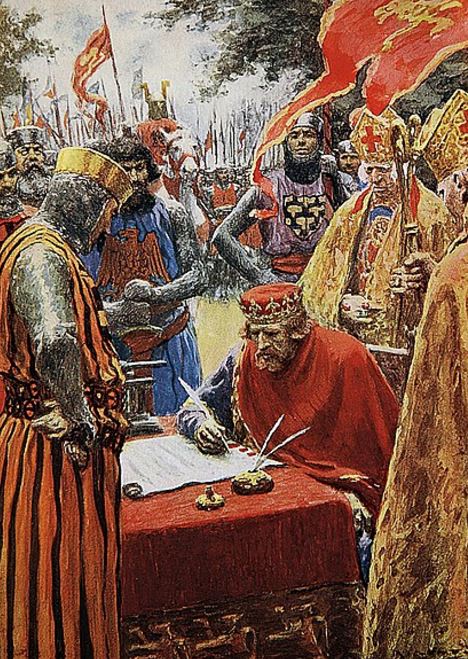
Perhaps the most enduring legacy of King John’s reign is the Magna Carta, signed in June 1215 after John faced rebellion from a coalition of barons.
What Was the Magna Carta?
The Magna Carta was a groundbreaking document that sought to limit the king’s power and guarantee certain rights for his subjects. Key provisions included:
- Protection from illegal imprisonment.
- Limits on taxation without baronial consent.
- Respect for church rights and traditional laws.
Why Did the Magna Carta Fail?
While the Magna Carta is celebrated today, it was initially a failure.
- John had no intention of abiding by its terms and quickly sought the pope’s support to annul it.
- This led to civil war, known as the First Barons’ War, plunging England into further chaos.
Despite its immediate collapse, the Magna Carta became a foundational document for constitutional governance. Its principles would be revisited by John’s successors and inspire democratic movements worldwide.
6. Personal Failings and Public Perception
John’s personal behavior also contributed to his unpopularity.
- Marital Scandals: He married Isabella of Angoulême, who was likely only 12 years old at the time. She had been previously betrothed to another nobleman, further complicating alliances.
- Mistreatment of Nobles: John was known to take mistresses, including married noblewomen, which was considered scandalous and disrespectful.
- Cruelty and Paranoia: His harsh punishments and distrust of allies made him widely disliked.
Unlike his father, Henry II, or brother, Richard the Lionheart, John lacked the charisma needed to inspire loyalty. His reign was marked by alienation, distrust, and conflict.
7. Was King John Completely to Blame?
While John was undoubtedly a flawed ruler, some of his failures were due to circumstances beyond his control.
- Inherited Problems: The Angevin Empire was already crumbling by the time John ascended the throne. His father, Henry II, and brother Richard had left behind significant political and financial challenges.
- Strong Opponents: John faced formidable adversaries in King Philip II of France and Pope Innocent III, both of whom were skilled politicians and strategists.
- Structural Issues: Medieval kings ruled without the standing armies or bureaucracies that later monarchs would enjoy. This made maintaining an empire as vast as the Angevin lands extremely difficult.
While King John’s actions exacerbated these challenges, he was not solely responsible for England’s struggles during his reign.
8. The Implications of John’s Rule on the Future of the British Monarchy
Despite the chaos of his reign, John’s failures had significant and lasting consequences for the monarchy.
The Rise of Parliamentary Power
- The Magna Carta set a precedent for limiting royal authority. Over the following centuries, English monarchs increasingly had to consult with Parliament, particularly when raising taxes.
- This shift laid the groundwork for the constitutional monarchy we recognize today.
A More England-Focused Monarchy
- The loss of Normandy and other French territories forced English kings to prioritize their domestic rule.
- Over time, this led to the decline of French as the language of the court and the rise of English as the national language.
Lessons for Future Monarchs
- John’s reign served as a cautionary tale. His son, Henry III, and later kings sought to avoid the mistakes of excessive taxation and alienation of the nobility.
- The balance of power between the monarchy and the nobility became a central theme of English governance.
9. So, was King John Really a Bad Ruler?
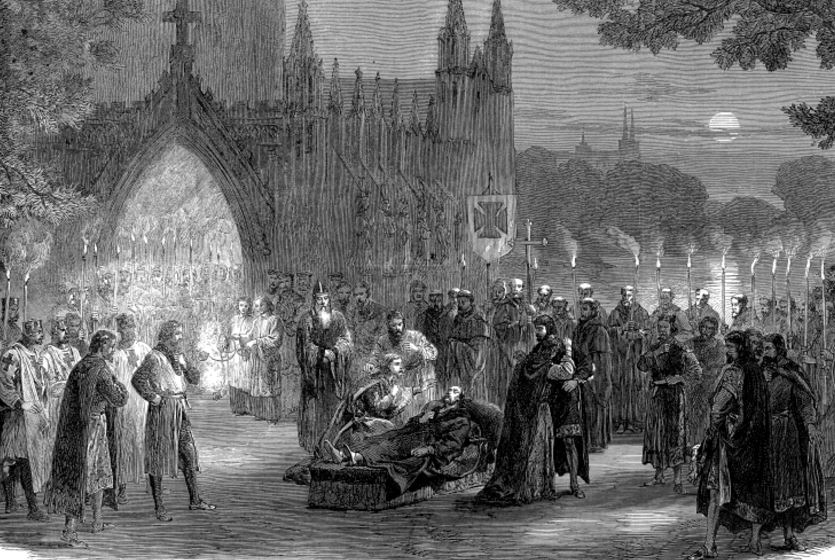
There’s no escaping the fact that King John was a deeply flawed monarch.
His military failures, oppressive taxation, and poor relationships with both the church and his nobles led to widespread rebellion and significant losses for England.
However, his reign also marked a turning point in English history.
The Magna Carta, though born of desperation, became a cornerstone of constitutional governance.
The loss of French territories helped forge a more England-focused monarchy, shaping the nation’s identity for centuries to come.
In the end, while John’s actions earned him the label of a “bad king,” his reign left an enduring legacy that ultimately strengthened the English monarchy and laid the foundations for modern democracy. Perhaps history’s harsh judgment of John should be tempered by the long-term significance of his reign.
Further Reading
If you enjoyed this article, you may enjoy these:
- Kings and Queens of England Ranked from Worst to Best
- Why was Lady Jane Grey accused of treason?
- Why was the crowning of Charlemagne so important?
- Were the Princes in the Tower bodies ever found?
- What would have happened if Edward VIII had not abdicated?
You may also enjoy these articles about Britain:




